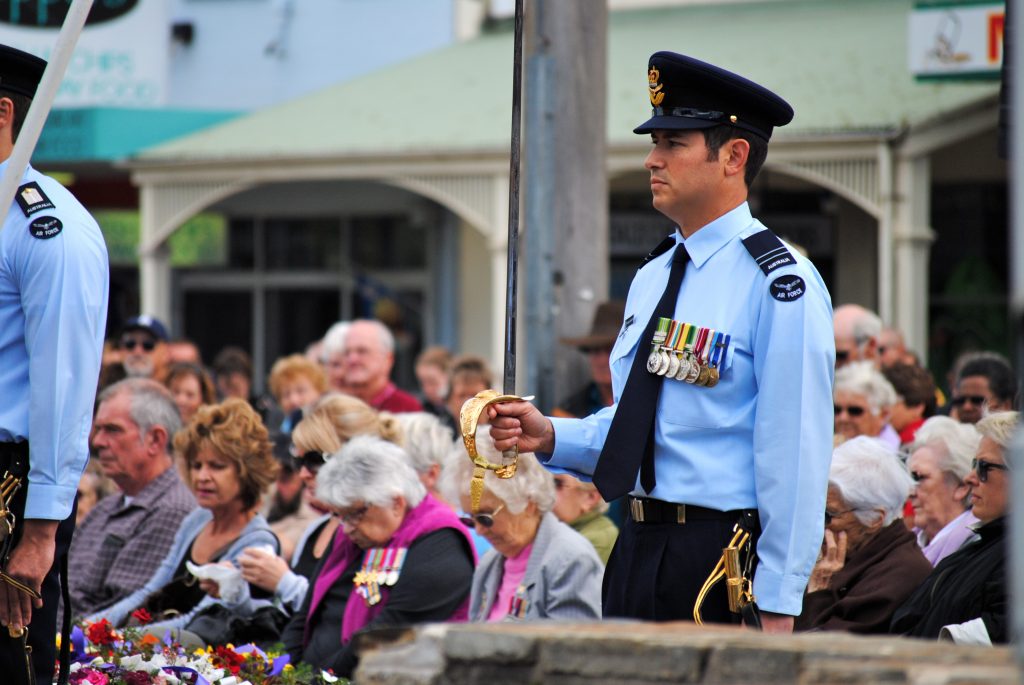
Military insights for building resilient agile teams
The Agile Manifesto Values and my military training have many correlations, for example – Customer Collaboration over Contract Negotiation.
As I grew into my military career, completed deployments and built up enough experience, I took up the opportunity to be an instructor and then Course Director at the Royal Australian Air Force Officer Training School.
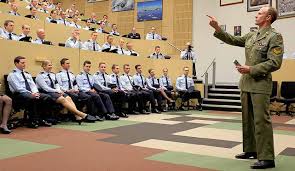
In my role as Course Director, I would be recognised as the Product Owner looking to build competent junior officers and the Australian public, the Customer. I was responsible for meeting the objectives and needs of the Stakeholder – in this instance the Commanding Officer.
The motto at Officer Training School (OTS) is “Accept Responsibility”. With that comes a level of understanding that you can delegate authority but not responsibility. Therefore you need to be involved in the process rather than handing it off to someone else to complete. In other words, make yourself available to provide any support or guidance along the way.
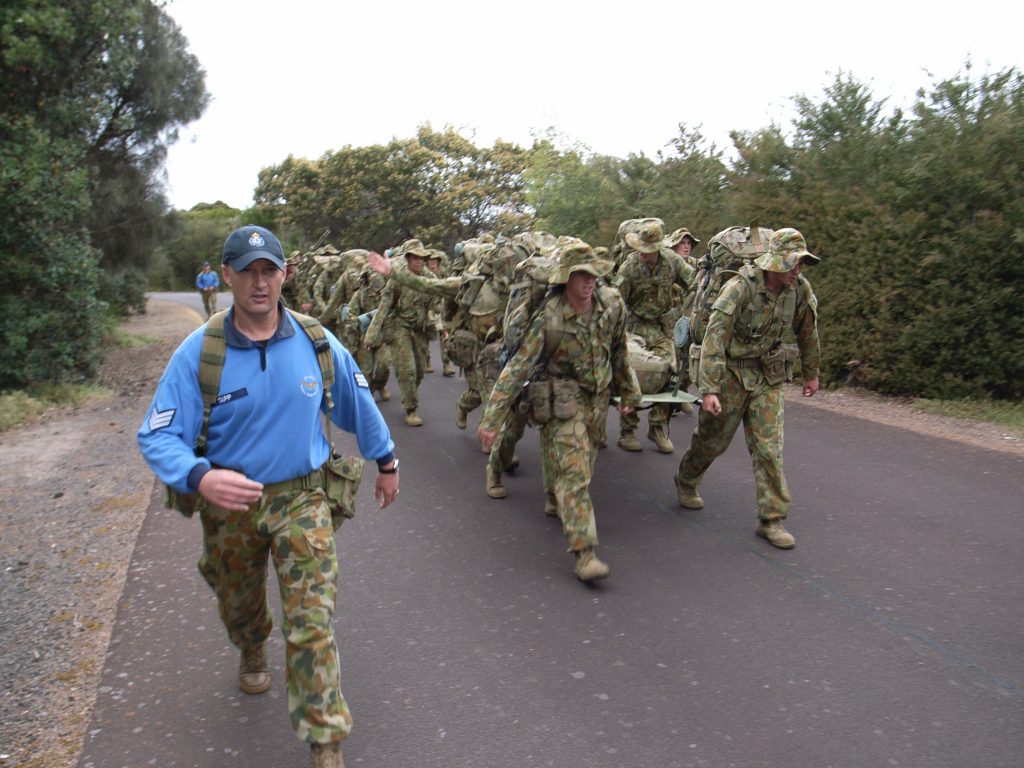
At OTS, the vision is to graduate approximately 200 new junior officers each year to support the broader vision of “protecting Australia’s sovereignty”. Each new officer must pass a minimum set of standards to be recognised as competent in the following areas:
- Physical fitness
- Weapons handling
- Parade drill
- Leadership agility
Just to name a few.
Each course saw me working in collaboration with a number of specialists who were engaged and accountable for ensuring each new officer had the required level of training to be considered competent. This included the Physical Training Instructors, Adventure Training Team, Medical Staff, Armoury Staff, Flight Sergeants, Warrant Officers, Catering Staff, Military Skills Instructors as well as civilian staff.
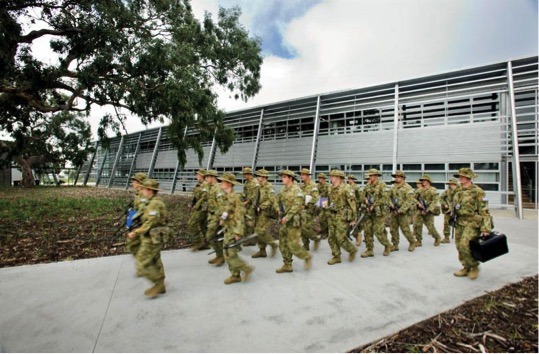
I would meet with these specialists daily and weekly to ensure that each student’s progress was tracking towards competency. This allowed for any additional assistance, course corrections, or other support to be provided as required.
At OTS, as soon as any person on the training course is affected by injury, illness or fails an exam they are in jeopardy of not passing. I learnt to collaborate and work with the students and the instructors in any areas of concern, and this often meant extra training, weekend study, a re-examination or in some cases, time off to heal and mend before coming back to the course. Waving a contract of expectations would have just distanced me from my responsibility, rather than involving me in the process of collaboration, understanding and a team effort.
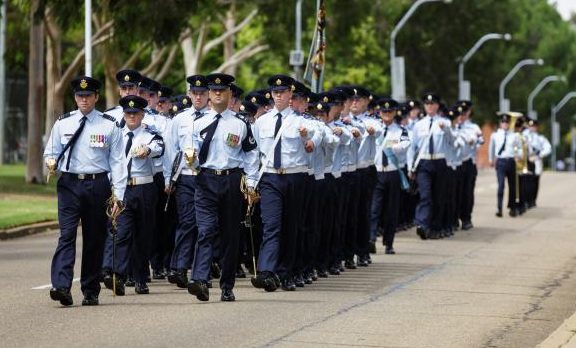
So, as you move with purpose throughout your day, be sure you are part of the solution and don’t be afraid to accept responsibility.

